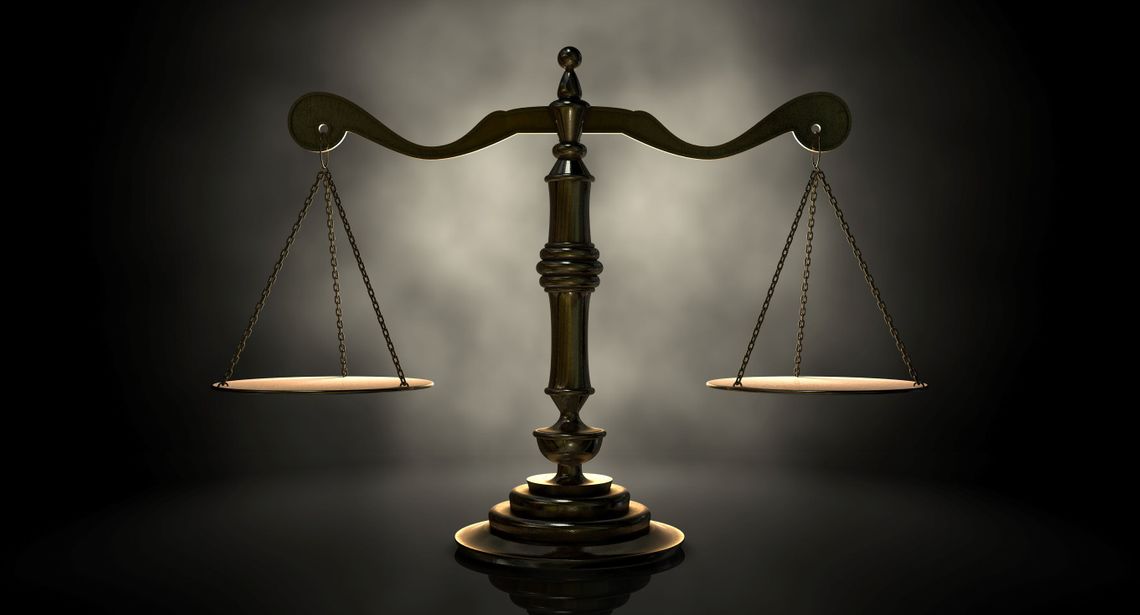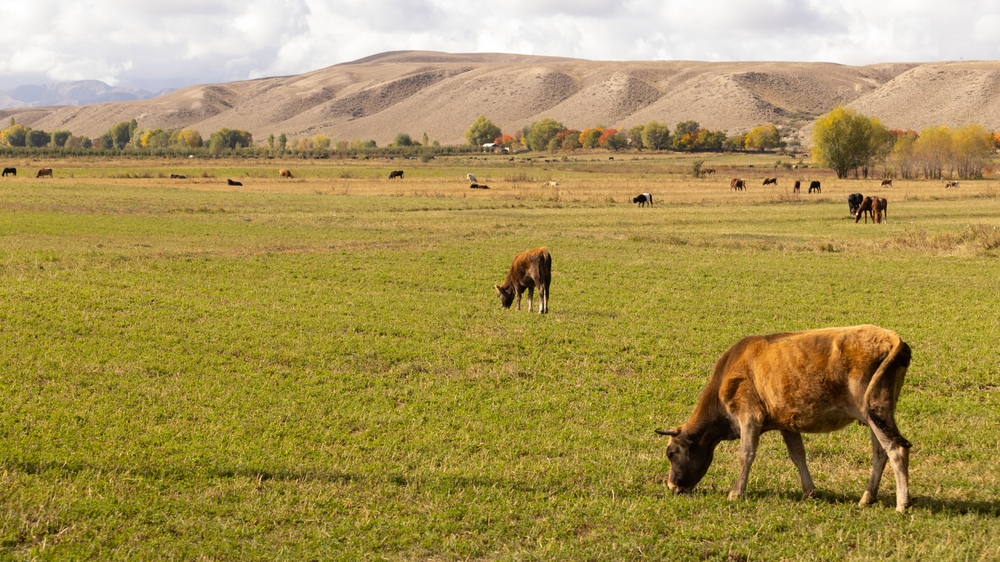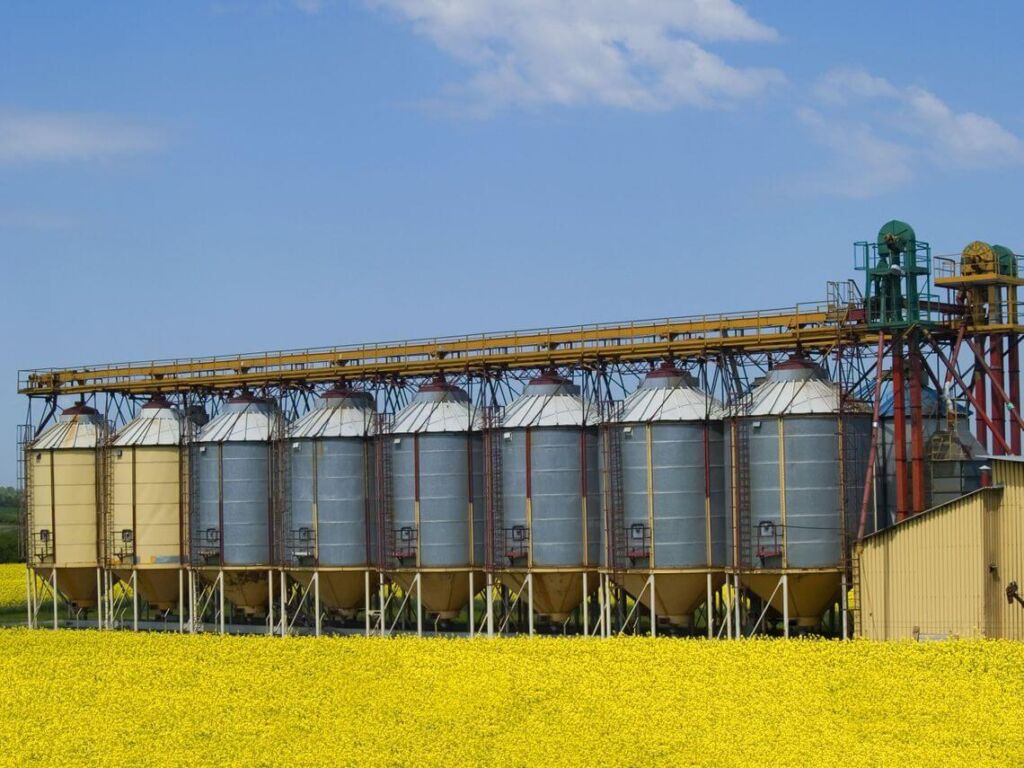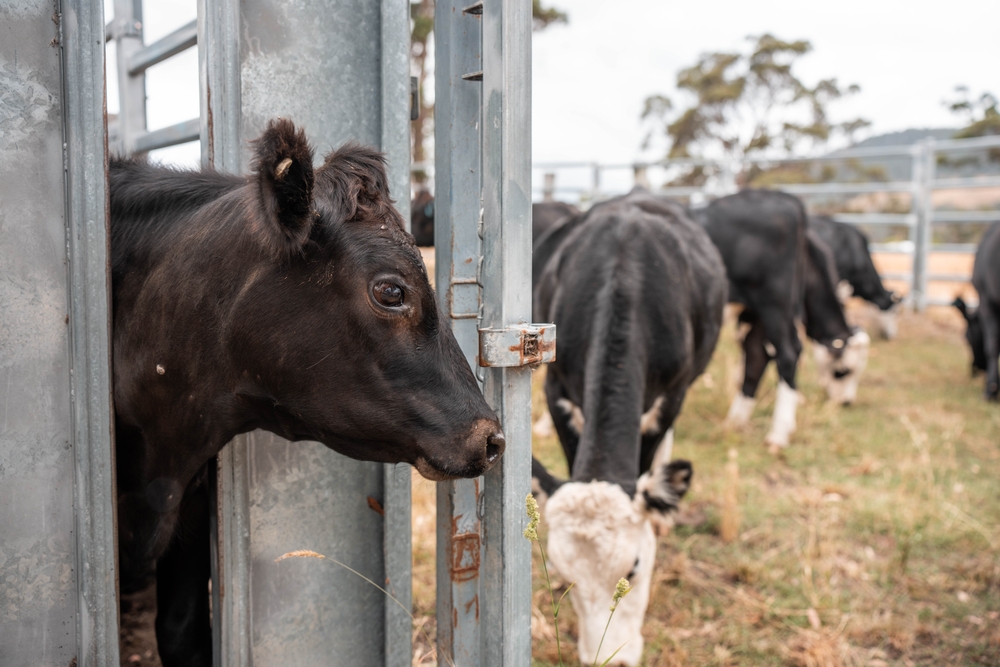How accurate should your lab scale be?
Laboratory work relies on accurate measurements. That said, some applications can tolerate lower accuracy levels, while others demand the highest precision possible. This means there’s no universal answer to the question of how accurate lab scales should be. However, when it comes to choosing a lab-scale, here are some key considerations in terms of accuracy.
Important parameters
Every scale is characterized by parameters and the most important ones are readability, accuracy and repeatability.
-
Accuracy refers to how accurate a scale’s reading is to the actual weight of the object.
-
Readability refers to the lowest denominator the scale can display when weighing an object. For instance, a scale with a readability of 0.1mg has a lower readability than a scale with a readability of 1mg.
-
Repeatability refers to the scale’s ability to display the same measurement result for a given object under identical conditions. This is often expressed as a standard deviation, meaning that the lower the value is the less variation there is.
As a rule of thumb, a scale with lower readability will be more accurate, but that doesn’t mean they’re the same. A scale could have very low readability while also being inaccurate. And, if you need to add and remove weights in real time, make sure to check linearity and eccentricity values provided by the manufacturer.
Amount of accuracy needed The degree of accuracy you need is entirely dependent on what you use the scale for. Every application and lab has a certain tolerance for error or, more precisely, a maximum uncertainty tolerance. This parameter specifies how much uncertainty is acceptable when weighing things in the context of your lab, and that can change depending on the specific activities and work performed. For instance, if your uncertainty tolerance is 1%, your scale doesn’t need to be as accurate as if your tolerance was 0.1%.
To know if your scale is accurate enough, all you need to do is determine the smallest weight your scale can accurately weigh. This is done by dividing the balance’s repeatability by your maximum uncertainty tolerance, which will then give you a specific weight. If this weight is found to be 20 mg, for example, you now know your scale is accurate when measuring anything that weighs 20 mg and up. It’s therefore unsuitable for anything under that value.
Find a reliable precision scale in Alberta
Accurate/Western Scale Co. Ltd. carries a wide range of precision scales and we serve clients in Calgary, Red Deer, Edmonton, Swift Current and surrounding areas. Whether you need to source specialized equipment or want advice on how to equip your laboratory, you can count on our experts for help. Contact us today to find out more about our products and services.





